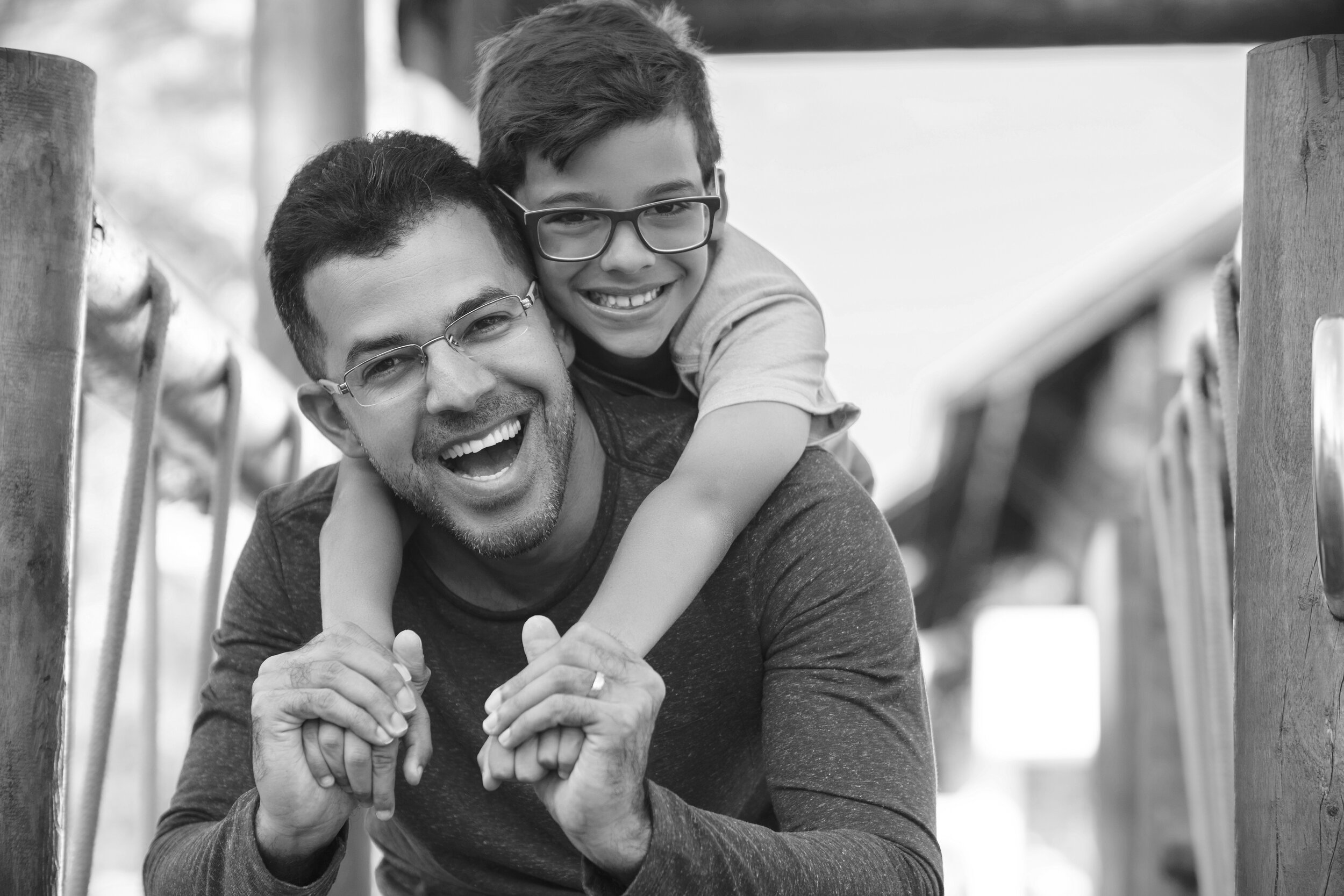When you’re thick in the middle of living with an anxiety disorder, hope may seem utterly impossible. Perhaps you’ve endured so many failures and disappointments due to anxiety’s presence in your life that you can’t even imagine what hope would look like.
You’d love to hope that you’ll be able to manage and even conquer your anxiety, but you’re afraid to believe that it could happen.
Fortunately, no matter how much you question your ability to hope, it is possible to grow your sense of hope. And as you do, there’s a good chance that you’ll notice improvements in your anxiety symptoms as well.
What is Hope?
The power of hope has been written about for millennia by philosophers and spiritual teachers. But sometimes it’s hard to pin down a thorough definition of hope. You might find it useful to think about what hope means to you.
Sometimes hope can seem like one of those elusive qualities that are difficult to fully describe. When it comes to the world of psychology and therapy, hope can be described in a number of ways.
At its core, hope is about being able to envision something brighter, as well as to imagine ways to get to that brighter, better place. Even though you may be going through a tough time, you’re still able to see a broader future ahead of you.
It’s easy to see how hope can be correlated with resiliency. This is the ability to bounce back after setbacks and challenges. Sometimes going through anxiety-inducing situations actually leads to something called post-traumatic growth. This growth usually carries a renewed perspective and broad sense of hope with it.
Hope Helps
Hope is important for many reasons. When you live with anxiety, having hope can provide the motivation and strength to keep moving forward.
A study was recently conducted on anxiety, cognitive behavioral therapy (CBT), and the growth of hope during treatment. What they found revealed how helpful hope is.
The participants in this study received a variety of CBT treatments. Amazingly, no matter their specific anxiety disorder, they all experienced an increase in hope during their CBT therapy. Participants included those with generalized anxiety disorder, obsessive compulsive disorder, panic disorder, and social anxiety disorder.
As their sense of hope grew, participants began to find more optimism about their future. They realized they could take steps to overcome their anxiety.
Additionally, counselors like myself who integrate spiritual therapy into their sessions have also seen how hope helps. Those who have hope, or are able to build it, often establish a sense of meaning and purpose for their life. They feel connected to the world and people around them in a deep way. No matter what the source or motivation for this meaning may be, it still gives them a sense of hope.
Importantly, even if hope seems beyond your reach, it isn’t.
How Can You Build Hope?
The amazing thing about hope is that it is possible to obtain it even if you don’t think you can. The human brain is capable of great growth and change. Therapy is a great way to learn how to re-wire your brain’s thought patterns and cognitive distortions.
By challenging your fearful thoughts and responses, you can teach your brain to be more confident. You can learn to notice your anxiety triggers and take proactive steps to manage them. Little by little, as you discover that your positive thoughts and actions create healing, your sense of hope will begin to blossom.
As your hope grows, your anxiety can shrink in size and you’ll find yourself living in a much bigger world.
If you’re eager to learn more about finding hope and conquering worry, I’m here to help. Please read more about anxiety treatment and call my office to learn more.
Click here for more information on Spiritual Counseling

